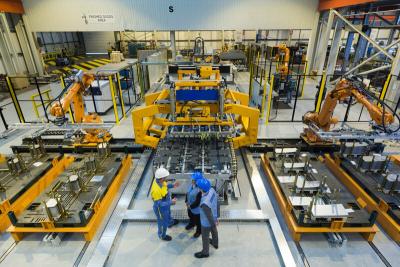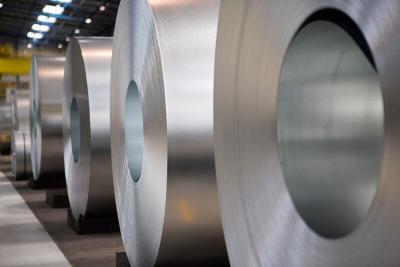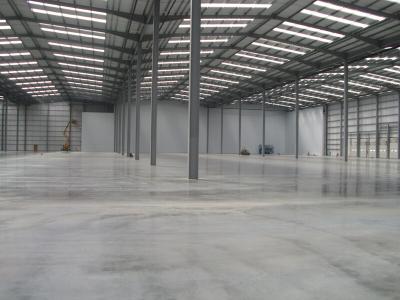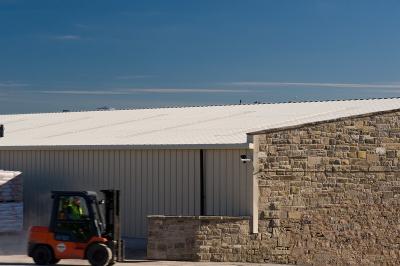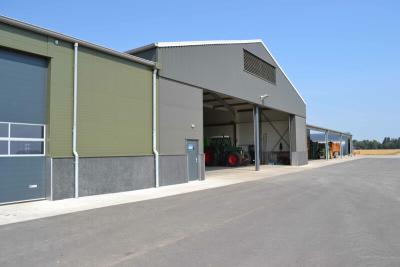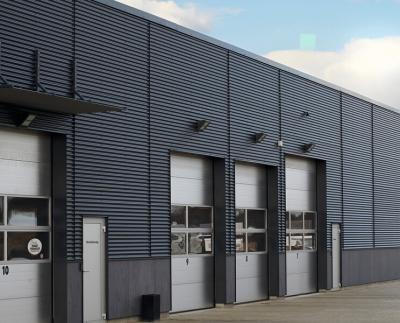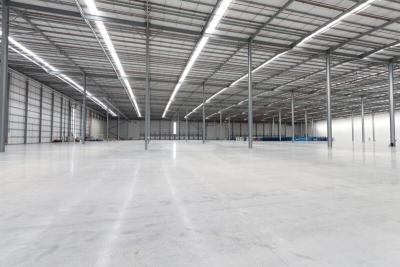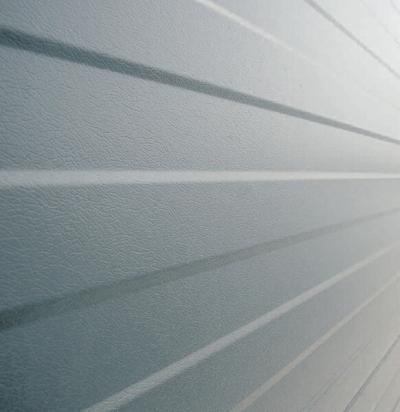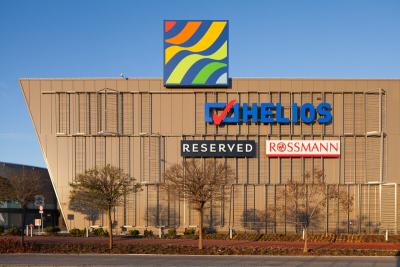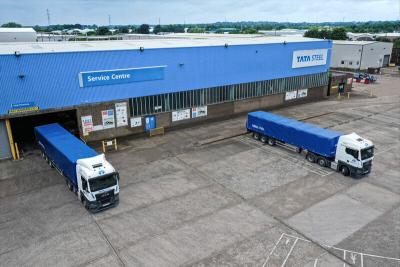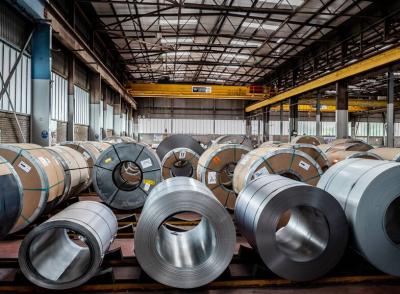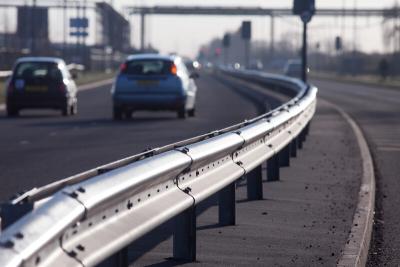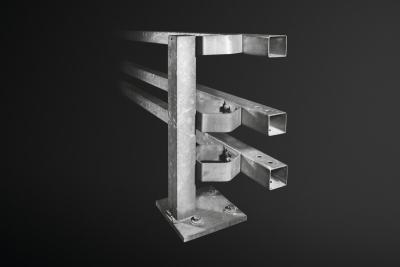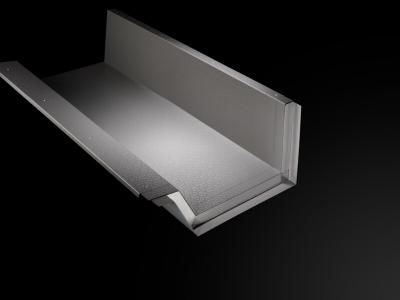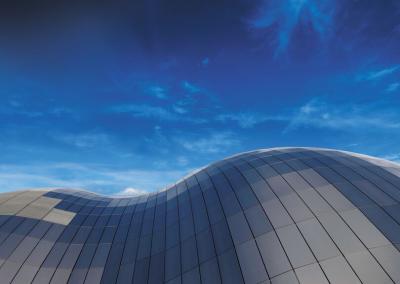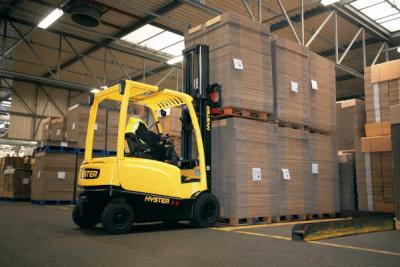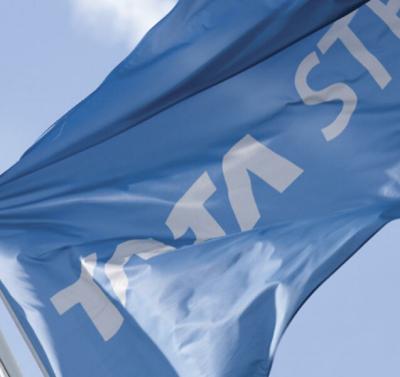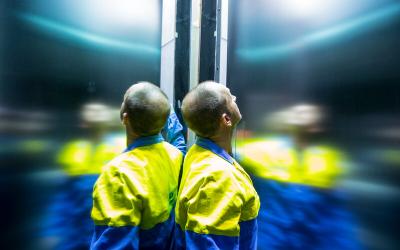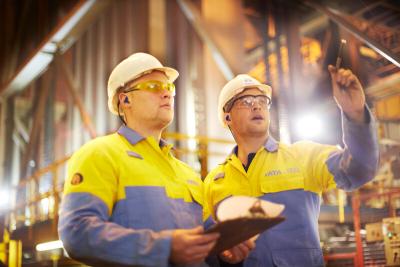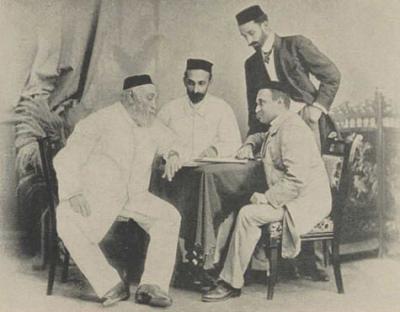Since traditional iron and steelmaking operations ceased on 30 September, the decommissioning processes and preparations for new investments have been in full swing.
“The decommissioning phase has involved removing old equipment, making units safe, and executing big lifts to clear the site,” said Nia Chapman, Process Specialist.
Scott Walker, Section Manager at the steelplant, added: “The South End of the Bay, which has been used to load scrap cars and refurbish ladles, is also undergoing a major overhaul as the area that will now accommodate the EAF and its supporting systems. That will include the Consteel advanced material-handling system, which will feed scrap metal into the new furnace.
“Additionally, investments are being made in secondary steelmaking, including two new Ladle Metallurgy Furnaces (LMFs) to enhance the quality of finished steel. These LMFs will play a critical role in meeting the most demanding product specifications and customer requirements, ensuring our competitiveness going forward.”
"We're making way for a cleaner, more efficient operation that aligns with modern environmental standards. This is more than a rebuild—it’s a complete reinvention of how we produce steel.”
WATCH here: https://youtu.be/yy5BjHrAYTI
A new chapter for continuous casting
And as Port Talbot undergoes a transformation toward a sustainable steelmaking future, the continuous casting process is poised for a remarkable revival.
Although operations ceased in September 2024, two of the three continuous casters—essential for converting liquid steel into slabs—are set to return stronger than ever when electric arc furnace (EAF) steelmaking begins in 2027.
Operations Manager, Rob Deeney explained, “Caster 2 is now fully decommissioned, with all services disconnected. However, Casters 1 and 3 will play a critical role in the steelworks' next chapter with both machines undergoing extensive upgrades.”
“For Caster 1, this includes new saddle and rotary bearings, mould tables, and enhanced process control systems. Meanwhile, Caster 3 will receive a brand-new turret and structural reinforcements. Combined, these upgrades represent a £multi-million investment, ensuring the casters are reliable and ready for EAF operations.”
The work on these massive machines is as intricate as it is monumental. Rob highlights the importance of these efforts: “These upgrades are essential for the future of the steel business. We’re ensuring that these assets are robust, efficient, and ready to support sustainable production for decades to come.”
While the transition is challenging, there’s a palpable sense of optimism. “It’s been an emotional journey, but we’re now looking forward to setting Port Talbot up for the next 10–20 years,” Rob added.
As Port Talbot continues its journey toward decarbonisation, the revamped continuous casting process is a cornerstone of the site's sustainable future, ensuring the legacy of Welsh steelmaking endures.
WATCH here: https://youtu.be/W1q8SoE7m_w
Keep an eye on this space for updates as the transformation continues.
About Tata Steel
- The Tata Steel Group has been named one of the most ethical companies in the world, and is among the top producing global steel companies with an annual crude steel capacity of 34 million tonnes.
- Tata Steel in the UK has the ambition to produce net-zero steel by 2045 at the latest, and to have reduced 30% of its CO2 emissions by 2030.
- In October 2024, Tata Steel ceased ironmaking at its Port Talbot site and temporarily paused steelmaking pending the construction of a 3.2Mtpa Electric Arc Furnace, due to be commissioned late in 2027 / early 2028. For that period, the business will import slab and hot rolled coil to support manufacturing and distribution operations at sites across Wales, England and Northern Ireland as well as Norway, Sweden, France, Germany and UAE. It also benefits from a network of sales offices around the world.
- Throughout 2024 Tata Steel UK has been undergoing a restructuring that will reduce the size of its workforce to around 5000 direct employees, supplying high-quality steel products to demanding markets, including construction and infrastructure, automotive, packaging and engineering.
- Tata Steel Group is one of the world's most geographically-diversified steel producers, with operations and a commercial presence across the world.
- The group recorded a consolidated turnover of around US$27.7 billion in the financial year ending March 31, 2024.
Follow us on social media








